“Change,” he always said, “happens at the edge,
the frontline, tideline, the thick line
that sparks a fight and then, perhaps,
a kiss. This is where we know who we are”
he said, “by seeing who we are not”.
(Edge)
This is an edgy body of work; the idea of edges crops up again and again. Emily Hinshelwood’s second collection of poems was written around a series of walks she took on the 186-mile Pembrokeshire coastal path: a path which follows a line along the edge between sea and land. A coastal path in a county on the westernmost edge of Wales, itself a nation on the south-western edge of the British mainland; the continental edge, the end of the line, an edge facing out onto over 3,000 miles of ocean.
The edge theme continues as we read on: the edge of a culture, the edge of irreversible environmental change, between fact and fiction, him and her, the edge of time and the edgelands of memory:
And in a box, the stuff of reality –
the patchwork of history
sewn into a picnic
of well-worn stories
all those myths we keep moving
hand to hand,
thought to thought
before the spell breaks.
(Final walk)
Hinshelwood’s poems follow the course of the coastal path. We meet snakes and sea-birds, caves and graves and encounter a ‘pinky-naked’ skinny dipper. She muses on ship wrecks and wind farms and tells us about the last invasion of the British mainland, seen off by 400 local women in ‘stove-pipe hats and scarlet cloaks’.
This collection of poems, despite its frequent references to wildlife and the ever-present landscape, is neither a work of natural history nor a walking guide. Above all else it is a portrait of a land and the impact human beings have made upon it over many centuries. And Hinshelwood’s fears for the future of this land and the sea which surrounds it, again at the hands of people, are all-pervading in this work.
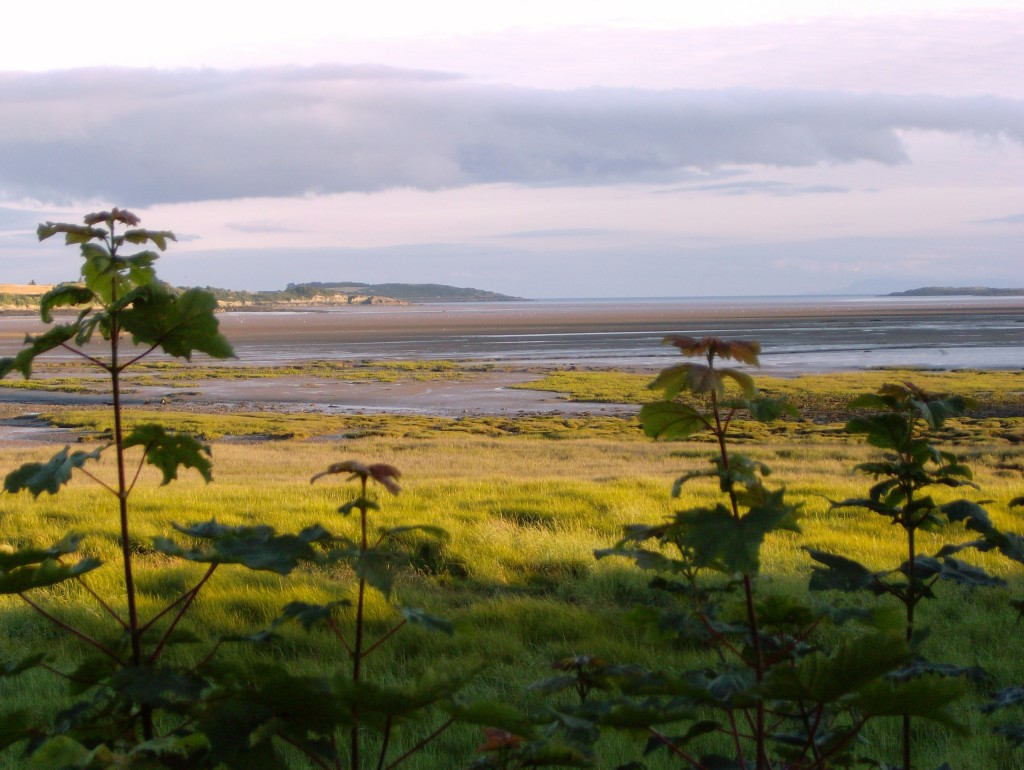 But be warned, read this collection and you will experience an irresistible urge to walk the Pembrokeshire coastal path. If you do, buy a map before you set out, because, seemingly it is impossible to do so in Pembrokeshire:
But be warned, read this collection and you will experience an irresistible urge to walk the Pembrokeshire coastal path. If you do, buy a map before you set out, because, seemingly it is impossible to do so in Pembrokeshire:
What d’you say? … map of Pembrokeshire?
not a lot of call for that around here
not in Pembrokeshire
most people know where to go …
(Searching for a map of Pembrokeshire in Pembrokeshire)
But in the end it is the sea. The sea defines Pembrokeshire, and it is from the sea that we all came and it is to the sea we will one day return. The sea, dark and brooding, lies beneath every line in this collection:
When you stop coming up for air,
When your lungs implode to a stillness
all that talking ceases
(On Becoming a Fish)
Emily Hinshelwood, On Becoming a Fish (Bridgend, Seren Books, 2012)
Quotes from Emily Hinshelwood’s poems, images of book cover and poet – Seren Books
All other words and images – Bobby Seal


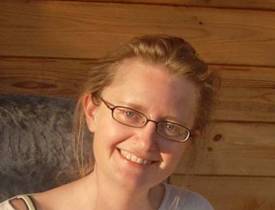
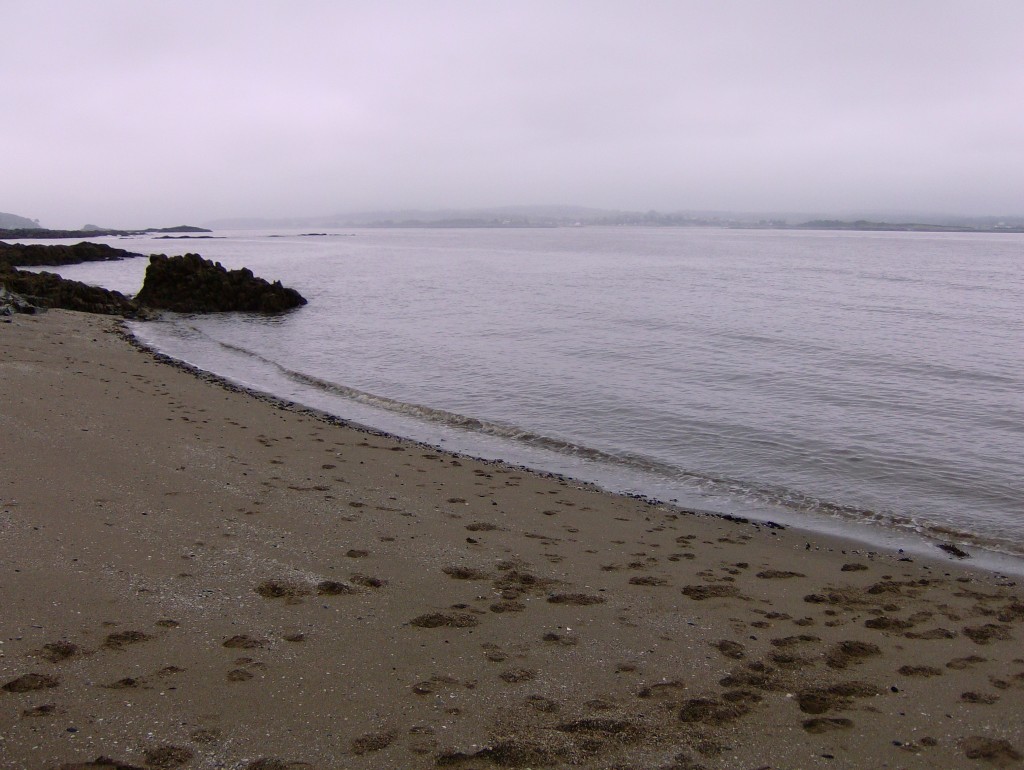
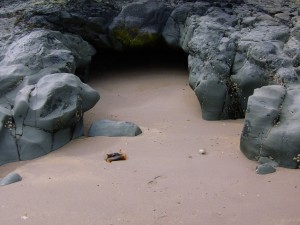
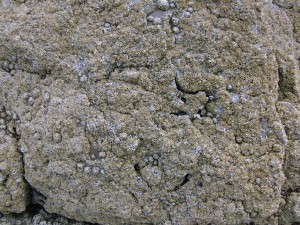
Love this book, love this review
Thanks Cathy, that’s very kind. Is she an MPhil course discovery for you?
Very much like the sound of this and lovely post/review.
Thanks very much – as you probably infer from the review, the book and the Pembrokeshire coast are both highly recommended!
What a find (the poetry not Pembrokeshire, which I know well!) – definitely one for me! Thanks for this Bobby.
Yes, it hits a lot of buttons for me too!
A perfect book for me – I rediscovered myself on the Pembrokeshire Coast Path and I’ve tried to write poems about it, but enjoyed Emily’s so much more. My friend Paul Francis recommended this collection to me and he was right to do so!
Thought it would be your kind of book!